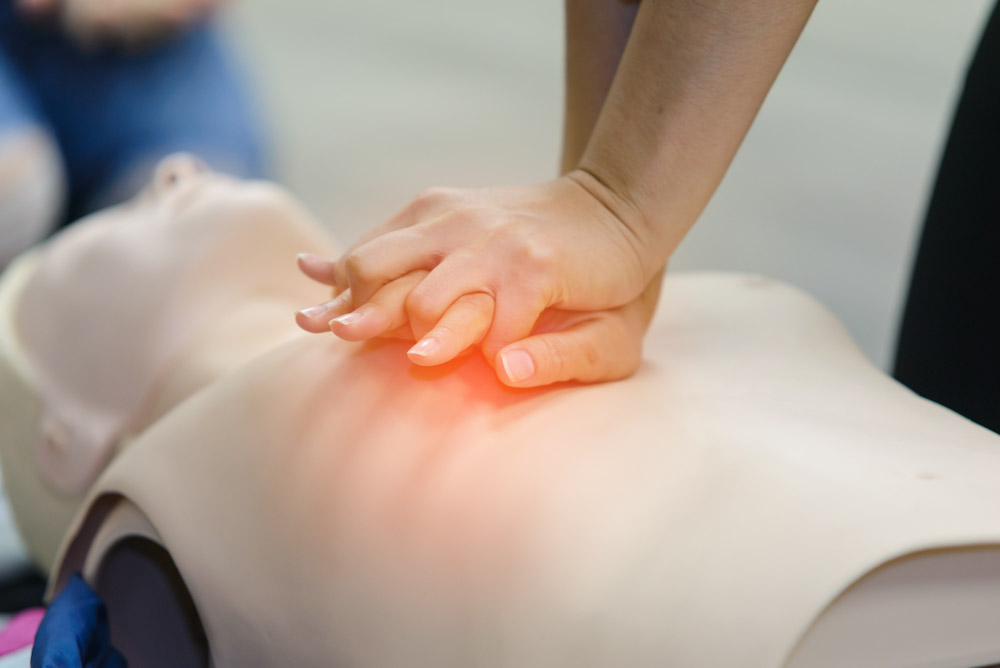
08 Apr Basic EMT Skills Everyone Should Know
If you’ve ever been in an emergency and required help from an EMT or first responder, you know how crucial good help can be when it is given in a timely manner. For victims in an emergency, their perception of what’s going on is being impacted by a million different thoughts, from the pain of their injuries, to worry over their loved ones, to struggling to remain calm, to taking stock of their vital bodily systems like mobility and breathing. And that’s if they’re conscious at all.
There is a mantra from an anonymous author, relating to the holistic mission of the EMT in an emergency:
There will come a day when I may be called upon to do what most people can’t. To comfort the lost, to hold the hand of the dying. To provide the comfort one seeks in a time where their life is out of their hands. To them, I am an angel. To myself, this is just a calling. I will be forever humble, for someday I may be my patient’s last comfort.
While this code might have been written with EMTs in mind, the fact is that any one of us, from a part-time security guard to a school teacher, cook, or businessperson, may one day be called upon to provide emotional and medical support to a victim until professional emergency services can appear on the scene. It is not hyperbolic to say that in some cases, this care﹘rendered by average people on their way to work, or the movies, or coming home from a concert﹘can be the difference between life and death for someone in need.
The Qualities of an EMT
It is clear that for emergency responders, medical care is only one part of the service that they provide. Every crisis hits a person’s health on two fronts: the physical and the mental. Having skills to help where needed is the ultimate goal of every trained responder, whether they are professional security services or regular passers-by. To someone who wishes to be ready to help when called upon, they might wonder if there are intangible qualities that exist apart from formal medical training.
Every effective EMT has a cadre of “soft skills” in addition to administering to wounds, which are essential to the care of every person in need. These include:
- Being compassionate
- Good listening skills
- Appropriate humor/good nature
- Situational awareness
- Quick decision making
- Command of the scene
If you are not trained in first aid but are first on the scene, having the presence of mind to call for help, make sure that the scene is safe, help the victims know emergency services are on the way, and that essential details are not missed when the professionals arrive is the most that can be asked of untrained personnel on the scene.
A Note About Untrained Individuals
It is human nature to think that if they are unprepared for something, it’s best not to get involved. The truth about emergencies is that they are never planned, and when they happen the time for preparation has passed. If you find yourself on-hand but unsure how best to help, compassionate care and a lack of ego can go a long way to improving a situation. Emergencies aren’t improved by the assumption that someone else is coming, but by people who do all they can do when their moment comes.
Basic First Aid Training
If you are going to administer to someone’s wounds, it bears repeating that nothing can be done unless the scene is safe; the professionals don’t want to have to save your life as well if you threw yourself into an unsafe situation. Here are a few things to remember as your roll up your sleeves to help:
- The Three P’s: Preserve life; prevent further injury; promote recovery. The goal is to do all three, but even being able to do one is enough until emergency and security services can arrive.
- Know When to Apply Pressure: It might seem like a good practice to treat every injury with immobilization and pressure, but in truth that could exacerbate the injury. You should immobilize breaks, and put pressure on bleeding.
- Ask the Victim if They Have Medication: If they are suffering some type of adverse reaction, chances are that they have medication on them or they know where it’s located. Prescribed medication like an EpiPen or heart medicine could be nearby, on their person on in their bags.
Get CPR Certified
Getting your CPR certification completed or renewed is important, regardless of what you do. If you are applying for work at a security company or around people all day like a lifeguard or a teacher, you may be required to complete a course anyway. CPR certification is valid for two years and just might save a life.





Sorry, the comment form is closed at this time.